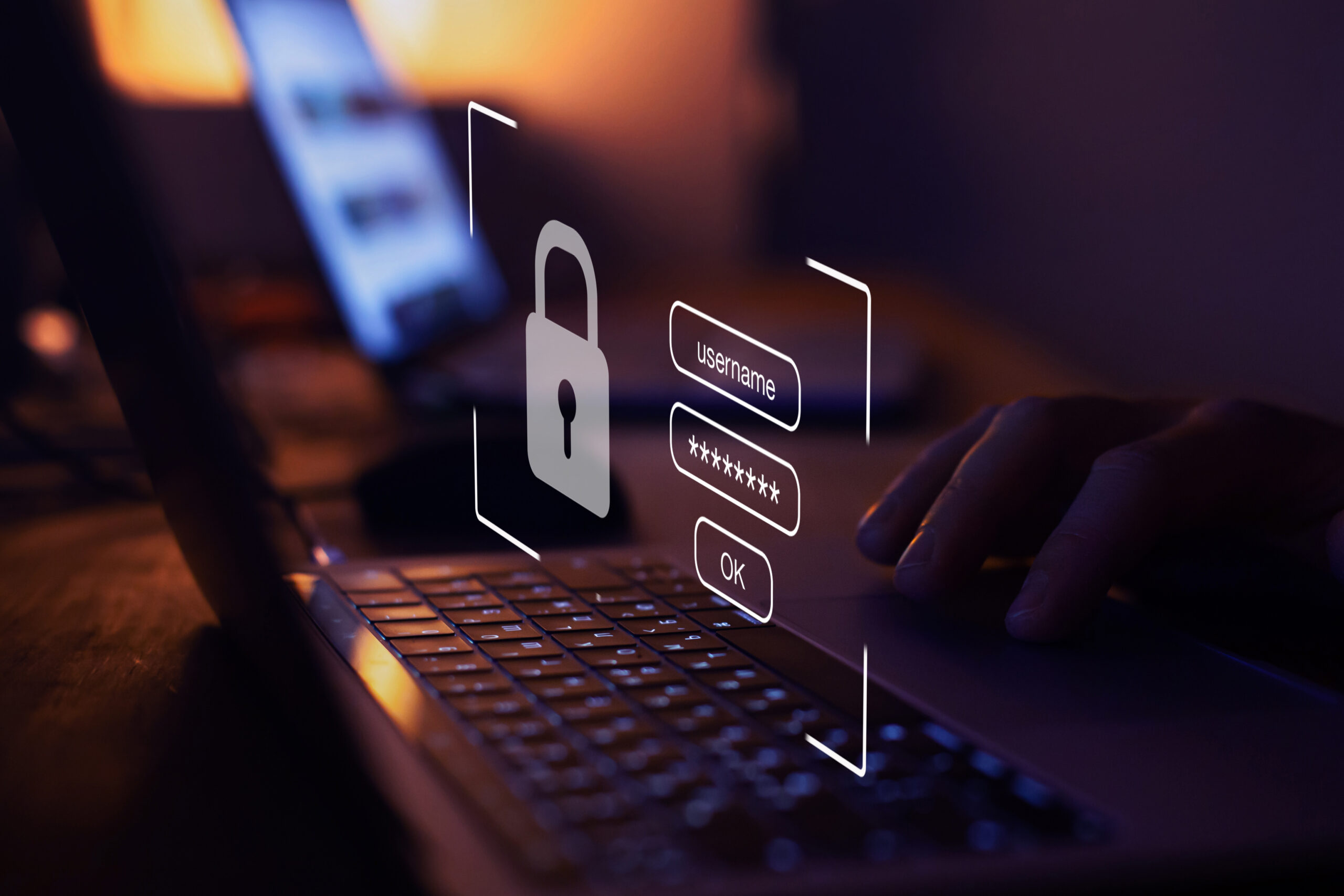
Lose the Bad Habits First.
Humans are, for the most part, creatures of habit. Unfortunately, those habits are often bad and when it comes to bad password habits, these can drastically compromise your online security. Keeping your passwords secure and updated can make a huge difference.
A lot of us are guilty of at least one, if not all of these top 5 password habits:
- Reusing passwords
- Not updating their passwords
- Using short passwords
- Storing their passwords in the browser
- Sharing passwords
You seriously need to ditch these today. Instead, here are some best password practice that you should be doing.
Use longer passwords.
While using a 5-character password may be easier to remember, it’s also much easier to crack than a password that has 10+ characters.
According to the National Institute of Standards and Technology (NIST) guidelines, the minimum length for a user-generated password should be 8 characters, though even this can be too short, depending on what they are protecting and who is trying to breach it.
Make your passwords more complex.
Also, if your password only contains one type of character, like lowercase letters, it will still be vulnerable to a simple dictionary attack.
The solution here is not rely on just letters, but also to make your passwords more complex using a combination of lower case and upper case letters, numbers and special characters.
Update your passwords.
Given enough time and resources, any password can be cracked eventually. The recommended frequency for password changes was 1-3 months.
This, however creates and additional problem. The more often the user is prompted to change their password or update it, the more likely they will simply use the same password, only slightly changed. Furthermore, this ultimately, solves nothing. Be sure you are changing your password up to something entirely different each time. Do not reuse passwords.
Don't let the browser save your passwords.
While this sounds like a good idea on paper, it really isn’t. For companies that develop browsers, like Google or Mozilla, the primary focus isn’t on the security of their customers, but on usability and getting more customers. Consequently, that’s why your passwords won’t be safe with them.
Luckily, there is an easy solution for storing passwords safely and making sure you never forget them – password managers, like NordPass. However, don’t rely too much on password managers, as they can still be vulnerable to data breaches.

Randomize your passwords.
Taking a common word and then replacing the letters with other symbols will make your password harder to figure out.
Your other option would be using a password generator. These allow you to set up a password up to 50 characters, use uppercase, lowercase, numbers and symbols and it will automatically choose these for you.
Use two-factor authentication (2FA).
Relying on passwords as the sole account security is not enough as even the best one can be compromised, cracked or leaked.
2FA creates an additional verification method on top of the password. This can be a text message, security question, email verification or something else that the user receives on another device they own. This way, the logic is that, even if someone managers to get your password, they wouldn’t be able to do anything without knowing the second verification method.
Keeping your passwords secure and updated.
Passwords are’t going anywhere anytime soon. They’re still something that every organization and person is going to have to deal with for years to come. As a result, this is why we hope these password security tips, come in handy for you.
Please reach out to us directly if you would like to further discuss how you can protect your website security measures that you currently have in place besides just passwords. Passwords are only one portion of a strong security method against hackers and viruses.
If you would like to receive additional helpful tips such as these please sign up for our monthly e-newsletter which contains valuable information such as these helpful guidelines.